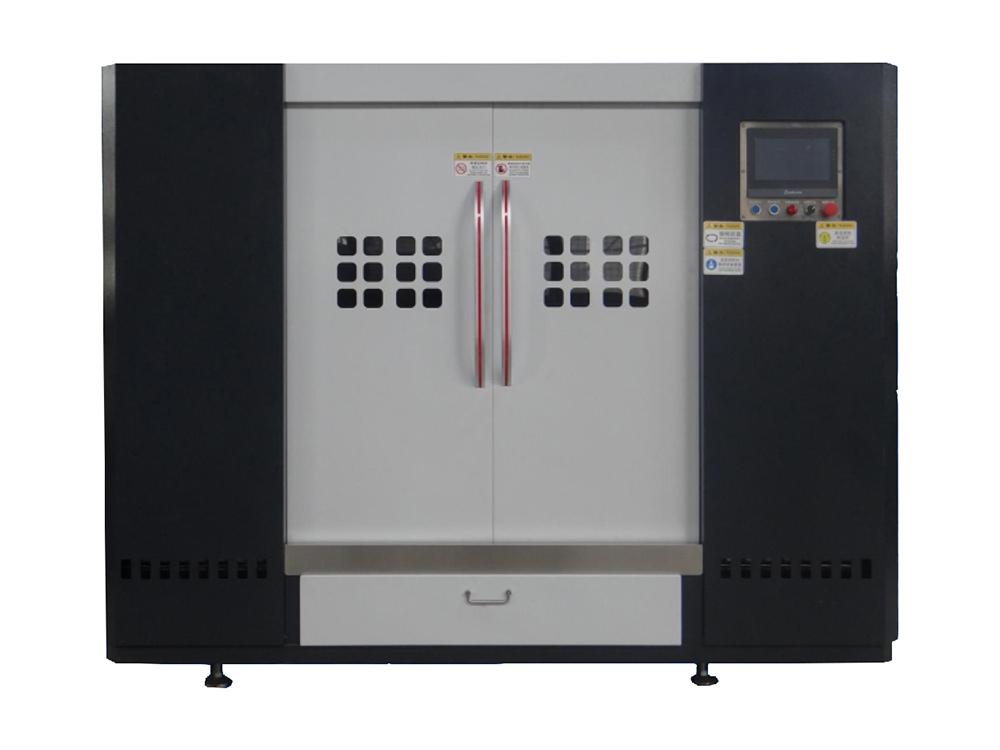
。
# Surface Treatment Equipment: Essential Tools for Industrial Applications
## Introduction to Surface Treatment Equipment
Surface treatment equipment plays a crucial role in modern industrial processes, enabling manufacturers to enhance material properties, improve durability, and achieve desired surface characteristics. These specialized machines and systems are designed to modify the surface of materials without altering their bulk properties, making them indispensable across various industries.
## Types of Surface Treatment Equipment
### 1. Cleaning Systems
Industrial cleaning equipment removes contaminants, oils, and residues from surfaces before further processing. Common types include:
- Ultrasonic cleaners
- Vapor degreasers
- Electrolytic cleaning systems
### 2. Coating Application Equipment
These systems apply protective or decorative coatings to surfaces:
- Powder coating systems
- Electroplating equipment
- PVD (Physical Vapor Deposition) machines
Keyword: Surface treatment equipment
### 3. Surface Preparation Machines
Essential for creating optimal surface conditions for subsequent treatments:
- Sandblasting equipment
- Shot peening machines
- Chemical etching systems
## Key Applications in Industry
Automotive Sector
Surface treatment equipment ensures corrosion resistance and aesthetic appeal for vehicle components, from body panels to engine parts.
Aerospace Industry
Critical for creating surfaces that withstand extreme conditions while maintaining lightweight properties.
Medical Device Manufacturing
Specialized surface treatments create biocompatible surfaces and prevent bacterial growth on medical instruments and implants.
## Advantages of Modern Surface Treatment Equipment
Contemporary surface treatment systems offer numerous benefits:
- Improved process efficiency and consistency
- Reduced environmental impact through advanced filtration
- Enhanced automation capabilities
- Greater precision in coating thickness and uniformity
- Energy-efficient operation
## Choosing the Right Equipment
Selecting appropriate surface treatment equipment requires careful consideration of:
- Material properties and dimensions
- Desired surface characteristics
- Production volume requirements
- Environmental regulations
- Maintenance and operating costs
## Future Trends in Surface Treatment Technology
The surface treatment equipment industry continues to evolve with:
- Increased adoption of nanotechnology
- Development of eco-friendly processes
- Integration of IoT for predictive maintenance
- Advancements in laser surface treatment
- Growth of hybrid treatment methods
## Conclusion
Surface treatment equipment remains a cornerstone of modern manufacturing, enabling industries to meet increasingly demanding performance and quality standards. As technology advances, these systems will continue to play a vital role in product development and manufacturing excellence across diverse sectors.